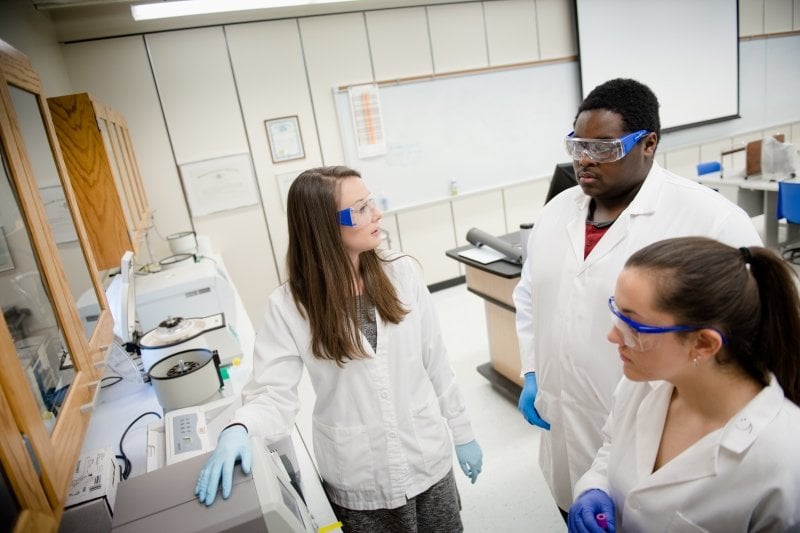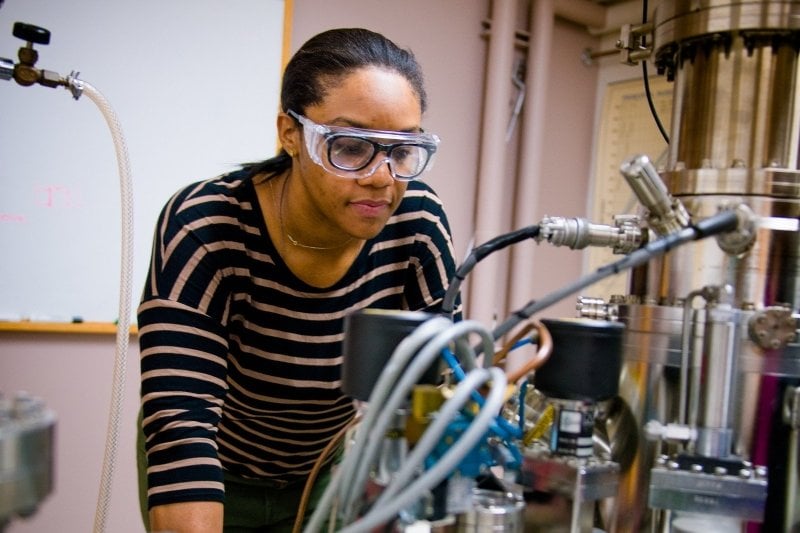Embrace emerging technologies.
Geophysicists are closely involved in gathering subsurface data for laboratory interpretation. You’ll apply physics to study the Earth, with the benefit of humankind and the environment at the core. Gain an understanding of the Earth’s climatic history and paleogeography for the identification of oil and gas reserves or water supplies, and the evaluation and mitigation of natural hazards.
Request Information
Form loading . . .
Get comfortable with advanced tools used to evaluate, understand, and mitigate the outcomes of natural disasters. Use advanced technology and signal processing to conduct site investigations. Step outside for field geology courses or accompany faculty members on research trips abroad—study volcanoes in South America, the Precambrian rocks in Australia, or the Bering Glacier’s melt rate in Alaska. Learn from world-class faculty in small classes, allowing you to know your professors on a first-name basis. Choose a specialty area to customize your degree: volcanology, oceanography, natural hazards mitigation, remote sensing, geographic information system (GIS) mapping, natural resources (ecology and/or forestry), oil or gas exploration and recovery, or seismology. You can also earn a master's in one additional year through our Accelerated Master's program.
Learn more about applied geophysics at Michigan Tech!





